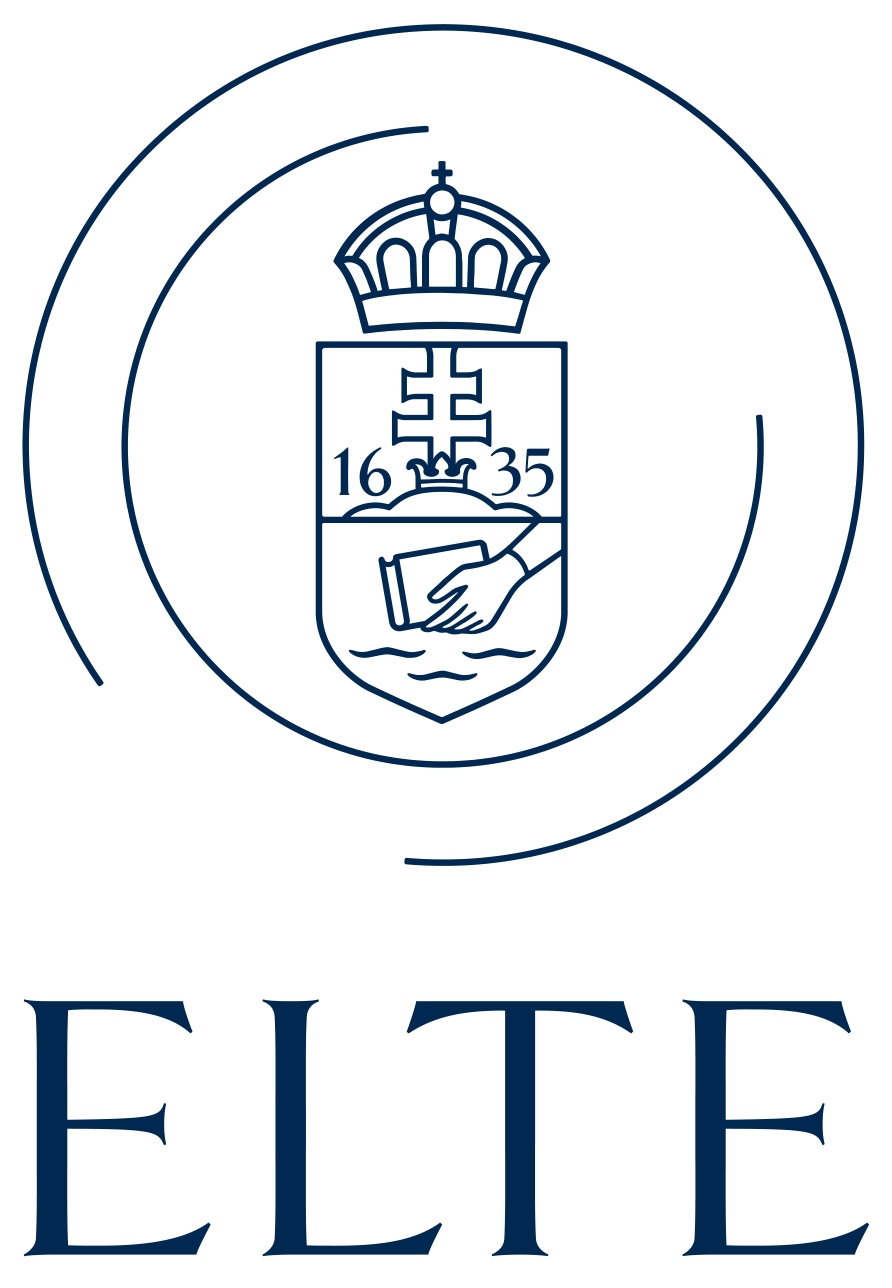Living and total foraminifera analyses from delta and upwelling regions regarding productivity
-
Description of the research topic
“The proposed PhD is based on the combination of samples from two different study areas (Gulf of Mexico, Angola). The aim is to compare these samples to learn more about the main drivers of marine primary production: river outflow (Gulf of Mexico) and upwelling (Angola). Benthic foraminifera living at the seafloor are depending on organic matter as food source in the sediment. This organic matter produced in the euphotic zone due to nutrient rich deep water upwelling (Gulf of Mexico) greatly differs from the organic matter arriving by rivers as terrigenous detritus (Angola). Planktonic foraminifera can give an indication of primary productivity in surface water.
Marine sediment samples arrive to the laboratory in Budapest treated with ethanol or formaldehyde and Rose Bengal. The Rose Bengal dyes the living foraminifera’s protoplasm red, giving the live assemblage. The rest of the foraminifera tests in the sediment is the dead assemblage. These sediment samples are splitted to the right size for statistical analyses (more then 200 foraminifera tests from each sample) and picked under the light microscope, together with the living specimens. The database developed on the foraminifera content of these samples can serve as the base of quantitative analyses to develop transfer functions, or do multivariate statistics in order to grasp what controls the distribution of foraminifera. An important tool in environmental reconstruction are the geochemical proxies based on the analysis of foraminifera tests to be selected and prepared here in Budapest. The developed methodology on this data set might one day be useful in regions where primary productivity in coastal waters is an important issue from economical point of view, or even on Miocene marine sediments of Hungary.
The project is carried out in collaboration with Prof. Frans Jorissen (University of Anger, France) and Gert Jan Reichart (NIOZ, Royal Netherlands Institute for Sea Research).”Thesis supervisor: Katalin Báldi
Required language skills: English
Further requirements: Ability to micro-manipulate samples under the light microscope, that needs a stable hand. Daily microscope work is hard on posture and eyes, so physical health is important.How to Apply?
If you are interested apply here:[PhD] Doctoral School of Environmental Sciences – Eötvös Loránd University (elte.hu)
For more information visite the following website:Doctoral School of Environmental Sciences (elte.hu)
-
Funded: Not Funded
Master Degree: Required
Duration: 4 Years
Full/Part Time: Full Time
Starting Date: 06 September 2021
Deadline to Apply: 31 May 2021
-
Only local Hubs members can access this page. Join the community today: https://archive.phdhub.eu/register
Fields of Science:
Research Areas:

